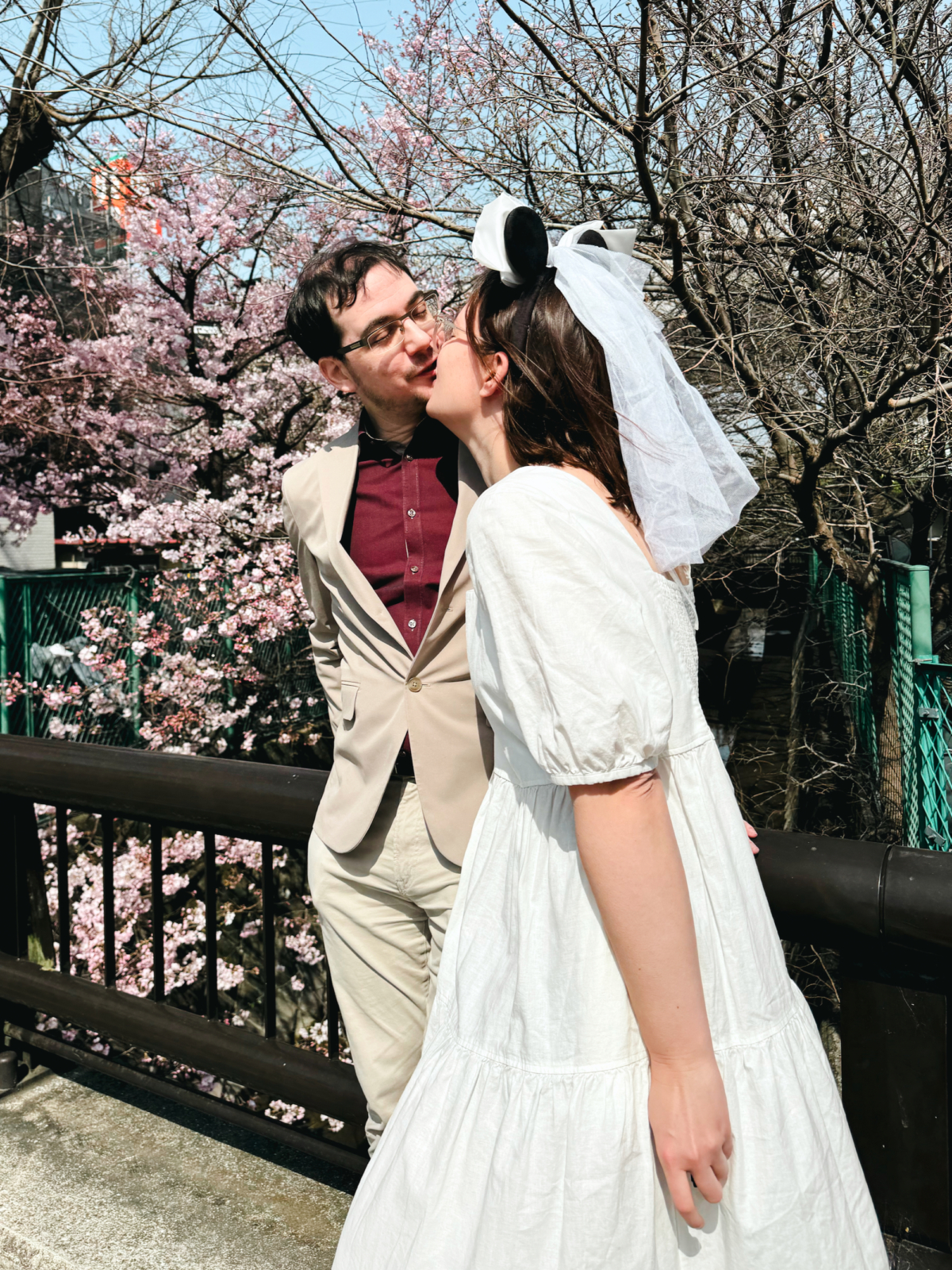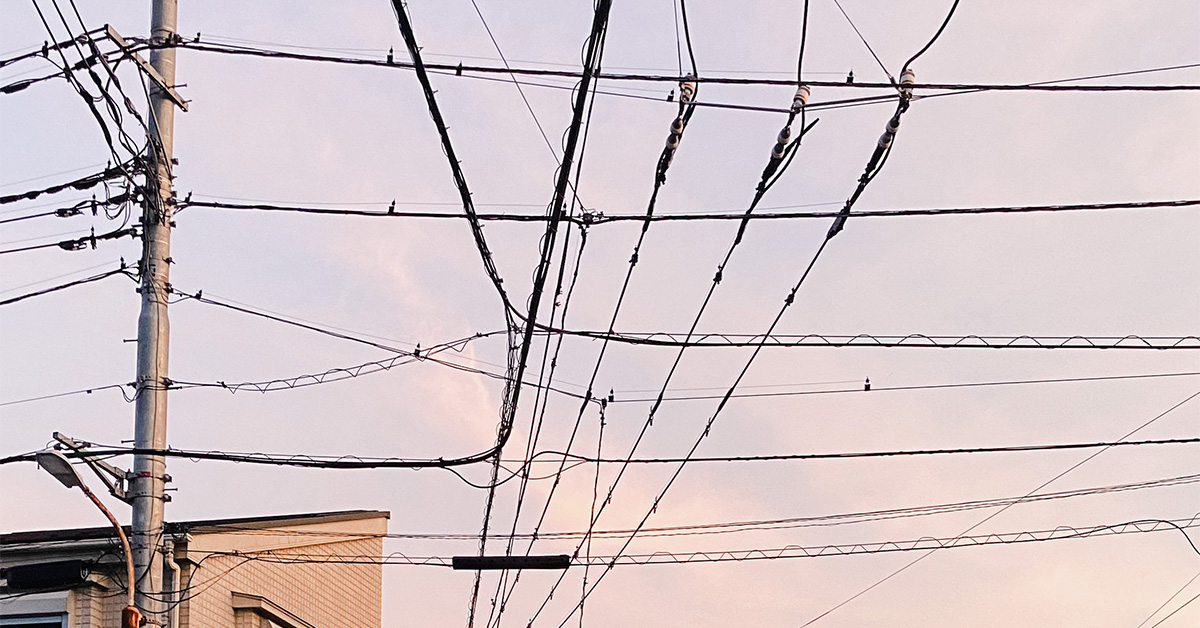People who have read This Autistic Girl Went to Japan, and those who’ve been following this blog for years, know that I moved to Japan in 2022 as a (Startup) Business Manager. But now that the Japanese government has recently decided to overhaul the criteria for this visa, I’ve been getting worried messages from some of you: “Does this apply to you too?!”
The short answer: no. When we got married earlier this year, I immediately took steps to change my status from Business Manager to Spouse of Permanent Resident. Not because I had any idea this was coming—though I’ve never had much faith in the government on this—but because I was getting pretty fed up with the requirements attached to the Business Manager status anyway.
Requirements? Let me start with a quick explainer. What exactly is a Business Manager visa, how do you get it, and what can you do with it? When I started my research in 2020—I didn’t have anything better to do thanks to a certain pandemic—I came across the following text:
Startup Visa
New residence status and support for entrepreneurs coming to Japan
What is the Startup Visa?
You can start a company in Japan if you obtain the Business Manager residence status. However, you must meet certain requirements, such as setting up an office in Japan. By using the Startup Visa, you can stay in Japan for up to one year to prepare for starting your business before those requirements are met. During this period, the municipality provides support.
In Tokyo, where I wanted to live, you’d first get the visa for six months. For that, I had to submit a business plan, profit forecasts, and a stack of copies of my diplomas and bank statements. After arriving in Japan, I had six months to get my company off the ground and meet the other requirements. For example, my company had to have 5 million yen in paid-in capital (then about €38,000—now, thanks to the weaker exchange rate, only €29,000), or employ two Japanese staff members. Hiring, finding, and onboarding Japanese staff sounded like a major hassle, so I went with the capital. Another requirement was an office. A real office, so no virtual office or mailbox company. I bought an apartment, with the idea of using it as my office later.
I spent a small fortune on lawyers and accountants to handle all the business stuff for me, and people from the Japanese government even came by once to inspect my office. (Yes, it really existed!) And so I kept hustling, like a true bossbabe. Right after I arrived in 2022, the visa rules were relaxed: the startup period was extended from six months to two years, and you didn’t need to have an office during that time either. I was a bit annoyed—I could’ve saved so much money if I’d been able to live in the apartment I’d bought, work from home, and not rent a separate place.
Difficulty Level ×6
But now there’s this tightening: instead of 5 million yen, you’ll soon need 30 million in paid-in capital. (That’s almost €200K!?) On top of that, you have to employ a Japanese national full-time, and have three years of management experience or a master’s degree. Holy shit! Some articles do mention possible exceptions for people who already entered on a startup visa, but the details aren’t known yet.
And look, I know that I’m a small fish. That I was close to the lower threshold of the visa requirements. Still, rules are rules, and as long as I met them, it was fine, right? At least, that was always my motto. The fact that my business made little profit was also due to an accounting quirk: my royalty income from the Netherlands— a substantial part of my earnings—was counted as personal income in Japan, not company income. On top of that, for letting my company use my office, I had to charge a notional rent. All this meant my Japanese company showed a loss, while I was paying heaps of income tax privately. I’d been wanting to get off this visa for a while, so when François got his PR and I became eligible for the Spouse-of-that visa, I didn’t hesitate. It was a hefty mountain of paperwork, but last month I was finally able to pick up my new residence card.
"The Japanse government is mulling..."
In short: I’m safe. Still, when I first heard this news, a wave of panic washed over me. It felt exactly like back during the pandemic. Back then the newspapers kept reporting how the government was “mulling” one thing or the other, how they were going to open the borders but then didn’t, how some people were let in while others had their careers and lives put on hold—and sometimes saw their dreams blown up entirely.
“Yes, but,” says the Japanese government, “those foreigners are abusing this visa!” The newspapers talk about fake “paper companies” and Chinese buyers who purchase properties, turn them into Airbnbs, and then rest on their laurels with their shiny new zairyu cards. Which I find odd, because the requirements as they were in my time should already have prevented that. It seems like all they really needed to do was enforce the rules. Like when they came by my place—once. Honestly, I expected them more often.
Anyway, I shouldn’t complain. I’m okay for now. I do have friends on the Business Manager status, so I hope for their sake that either exceptions will be made for current status holders, or that their businesses boom so much this year that they can inject the required capital. Still, I don’t feel entirely at ease. It’s yet another reminder of how capricious the Japanese government can be, how as a foreigner you’re worth almost nothing in a time of rising xenophobia (thanks, grave-robbing, breakdancing, torii-hanging tourists!), and how the rug can be pulled out from under you any day. Who knows what they’ll suddenly come up with next year.
Whoa, so oldschool! An RSS feed!
Save this link in your RSS reader and follow my blog however you want it – chronological, in your mailbox, in your browser... Yes, the past is here!
https://www.toeps.nl/blog-en/feed/







